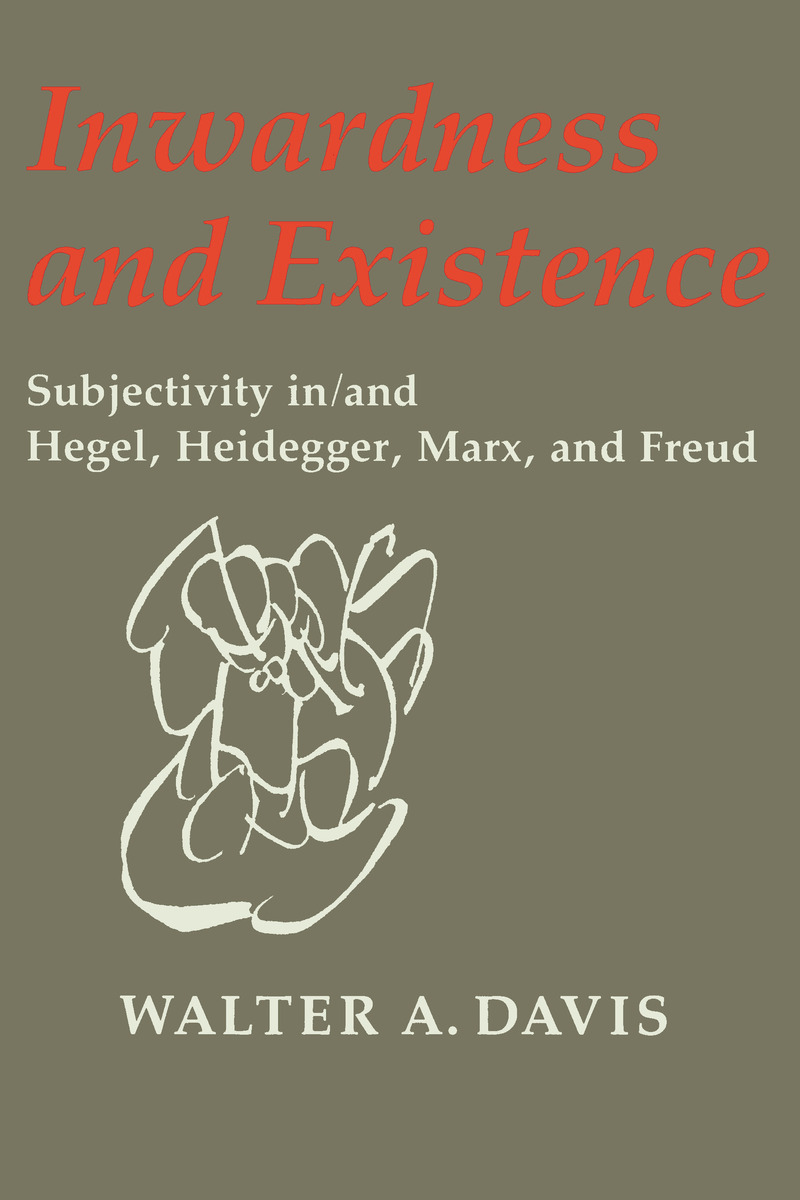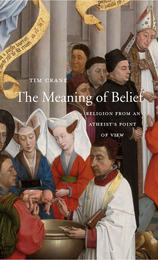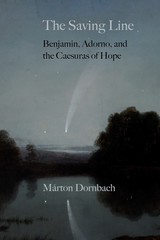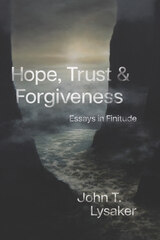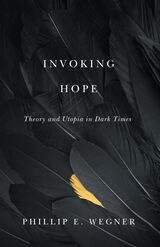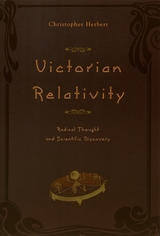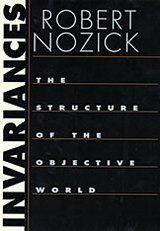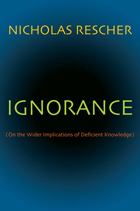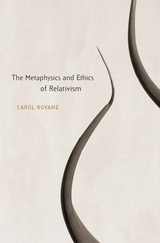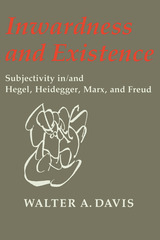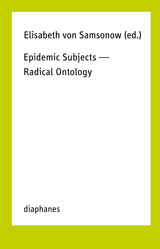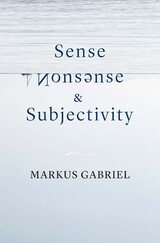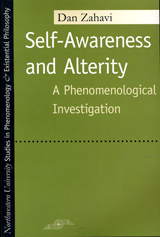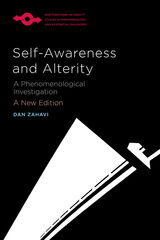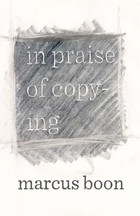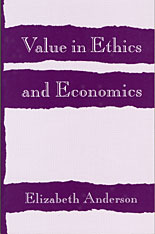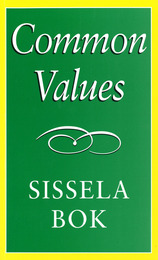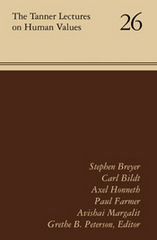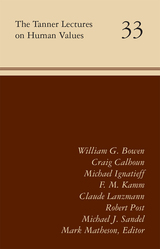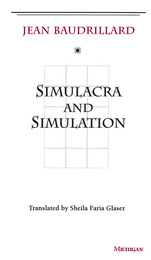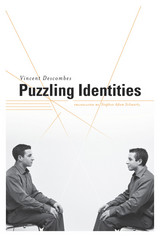Inwardness and Existence: Subjectivity in/and Hegel, Heidegger, Marx, and Freud
University of Wisconsin Press, 1989
Paper: 978-0-299-12014-6
Library of Congress Classification BD222.D38 1989
Dewey Decimal Classification 126
Paper: 978-0-299-12014-6
Library of Congress Classification BD222.D38 1989
Dewey Decimal Classification 126
ABOUT THIS BOOK | AUTHOR BIOGRAPHY | REVIEWS | TOC | REQUEST ACCESSIBLE FILE
ABOUT THIS BOOK
A profound, challenging, wide-ranging book, back in print for a new generation
“Inwardness and Existence accomplishes what no book before or after has even approximated: it demonstrates with great lucidity and insight the shared philosophical project that animates psychoanalysis, Marxism, existentialism, and Hegelian dialectics. Davis roots the reader in the enterprise of questioning what is given and probing beyond what is safe in order to demonstrate that psychoanalytic inquiry, Marxist politics, existential reflection, and dialectical connection all move within the same orbit. No one who reads it will ever think about existence itself in the same way again. Davis’s landmark work will profoundly transform anyone who reads it.”—Todd McGowan, author of The Real Gaze: Film Theory after Lacan
See other books on: 1770-1831 | 1889-1976 | Hegel, Georg Wilhelm Friedrich | Heidegger, Martin | Philosophers
See other titles from University of Wisconsin Press
